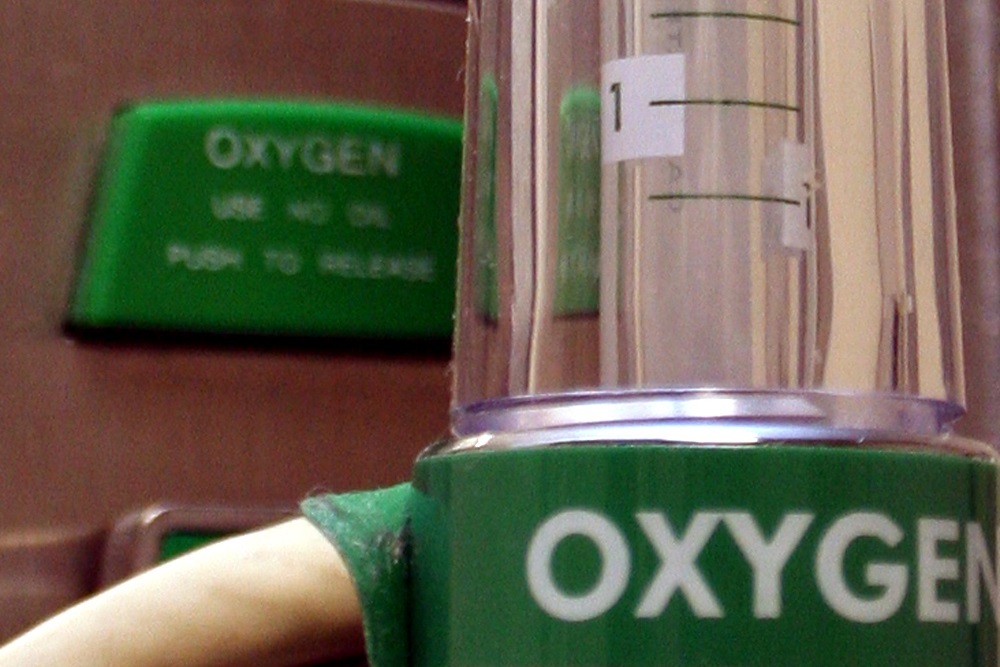
Anyone who wants to see how far "the culture of death" can go in the U.S., where the right to medically assisted suicide is spreading, need look to western Europe and Canada, a conservative activist said earlier today during a Chicago-based morning drive show.
Medically assisted suicide in those locales is being used to locate possible organ donors, Wesley J. Smith, an attorney and senior fellow at Discovery Institute's Center on Human Exceptionalism, said during an interview earlier today on AM 560's "Chicago's Morning Answer."
"Once you legalize killing - because that's what we're talking about as an answer to human suffering - at some point, people state to say, 'Well, let's get some good out of the people being killed," Smith said.
Discovery Institute is a non-profit think tank headquartered in Los Angeles.
"Morning Answer" is co-hosted by Dan Proft and Amy Jacobson.
Last summer, Maine became the eighth U.S. state in the nation to legalize medically assisted suicide.
The timeline for medically assisted suicide in the U.S. begins in June 1997 when the U.S. Supreme Court ruled in Washington v. Glucksberg that state laws banning medically assisted suicide do not violate the U.S. Constitution, leaving the matter up to the states.
The following October, Oregon became the first U.S. state to legalize medically assisted suicide and Washington followed soon after.
Last summer, Maine became the eighth U.S. state to legalize medically assisted suicide.
Lawmakers in at least 18 states last year considered legislation to legalize medically assisted suicide.
Meanwhile in Belgium and the Netherlands, where mentally ill patients are allowed to choose medically assisted suicide, organs are being harvested from those now-deceased patients, Smith said.
"When I bring that up, the advocates here say, 'Well, that's western Europe, that's Belgium and the Netherlands. We’re nothing like that here in the United States,'" Smith said.
Smith responded by pointing to Canada, "our closest cultural cousin," where the country's Supreme Court "created a positive right to euthanasia" and where nonprofit organ harvesters contact those who request medically assisted suicide "and ask for their organs," Smith said.
"This is really a disturbing trend when you think about it," Smith continued. "Because you don't really have to be on the verge of death in Canada to be lethally injected. You have to have a death that is, quote, 'reasonably foreseeable,' which could be years away."
This leads to situations in which people not actively dying are euthanized and then their organs are donated, Smith said.
"The media is actually promoting this in Canada," he said.
Such a system can be traumatic for patient, who may choose suicide when they otherwise would not, Smith said.
"The idea that their deaths can have greater value than their lives could be the triggering event that makes people want to be killed," he said.